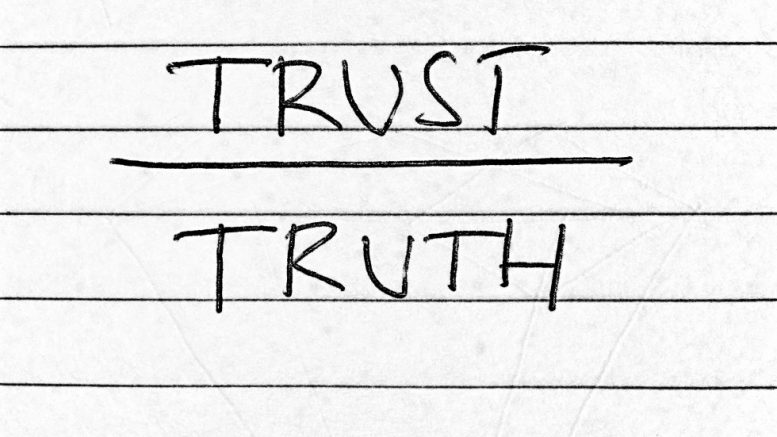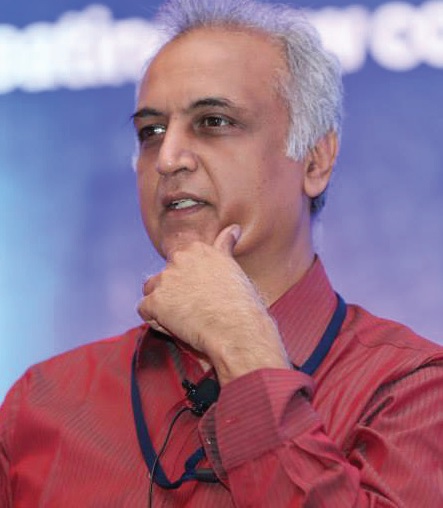One word that was oozing out of most of the sessions at PRAXIS8 public relations conclave last weekend was “Trust”. But what matters more to the journalist looking at the industry that is in turn looking back at him/her is a word that comes pretty close: “Truth.” Only the last two letters of these two words. Maybe there is a moral somewhere in there.
So how do you build trust? The answer(s) could be blowing in the breeze at Goa, where incessant chatter, energetic networking and genuinely fascinating case studies in the keynote presentations and nuggets of insights from everybody ranging from actors to global CEOs was enough to keep the mind stimulated in an otherwise relaxing atmosphere.
My simple takeaway: Don’t lie, spin less. Because truth is easier, and the room to fudge is low.
One student of the PR school SCoRe came and asked me on the sidelines for some gyaan to be picked up at the colourful conclave. I replied in simple words: “Employees are the new brand ambassadors.” Here’s why, based on both my observations and the presentations made at PRAXIS8.
- The emergence of social media has lowered if not altogether broken the information barrier between consumers, bankers, shareholders, employees and customers of a company. You can run but you cannot hide if you are far from the truth because the people formerly separated from each other by high walls of mainstream media and advertising can cross-verify what you are saying and call you out.
- Knowledge workers have signaled the arrival of the empowered, enlightened “middle employees” who are skilled and connected to a wide range of issues. They leave their jobs and talk about your company or brand if you are not good enough. Even when they don’t leave, they can cry out loud on everything from sexual harassment to toxic behaviour, as it happened at Uber and at Google. This is not just about America. An engaging 2017 Tamil movie, Velaikkaran (Worker), talks about an employee in a pharmaceuticals company rising up against corporate greed. I consider this representative of a shift in thought across the planet.
- Employee activism is the new trade unionism. The interesting part is that new-age workers need not ask for raises or promotions. They can just ask for a better world. Like they did worldwide in the week that saw PRAXIS in Goa, when millions of workers joined activists and students to demand action to combat climate change in the worldwide “climate strike” week. Idealism among youths is not new, but the increasing share of articulate white collar workers with networking power is something else for corporate reputations in a new, new world. Greta Thunberg is the new Che Guevera. You get the picture.
- Ex-employees can be deadly or delightful for a company’s reputation. I must say I am not speaking about disgruntled employees (who can usually be smelt out). If your average employee natter becomes a widespread chatter, you know who is to blame. Since talent is a big differentiator for a company’s productivity and customer service as well, it is best to remember that celebrity endorsements can be brought down by employees who can sing like canaries in a big world out there.
Trusting people can be a matter of attitude, but as one keynote speaker said, quoting the late US President Ronald Reagan: “Trust, but verify”.
As a journalist, I can tell you that former employees, rivals and sitting employees at junior levels (disgruntled or otherwise) can be great sources for stories (Read: Truth). The verification of facts happens more easily in the new world (Think Twitter direct messages, Facebook messages and WhatsApp forwards). If the critical mass of the bad impressions out there outweigh the good ones, you know what happens to a brand.
Truth helps trust. Fake news is a problem, but verification is increasingly the only way to fight it — and you had better be on the right side of fact-checks and counterpoints.



Be the first to comment on "Why Trust needs Truth — and why employees are the new brand ambassadors"